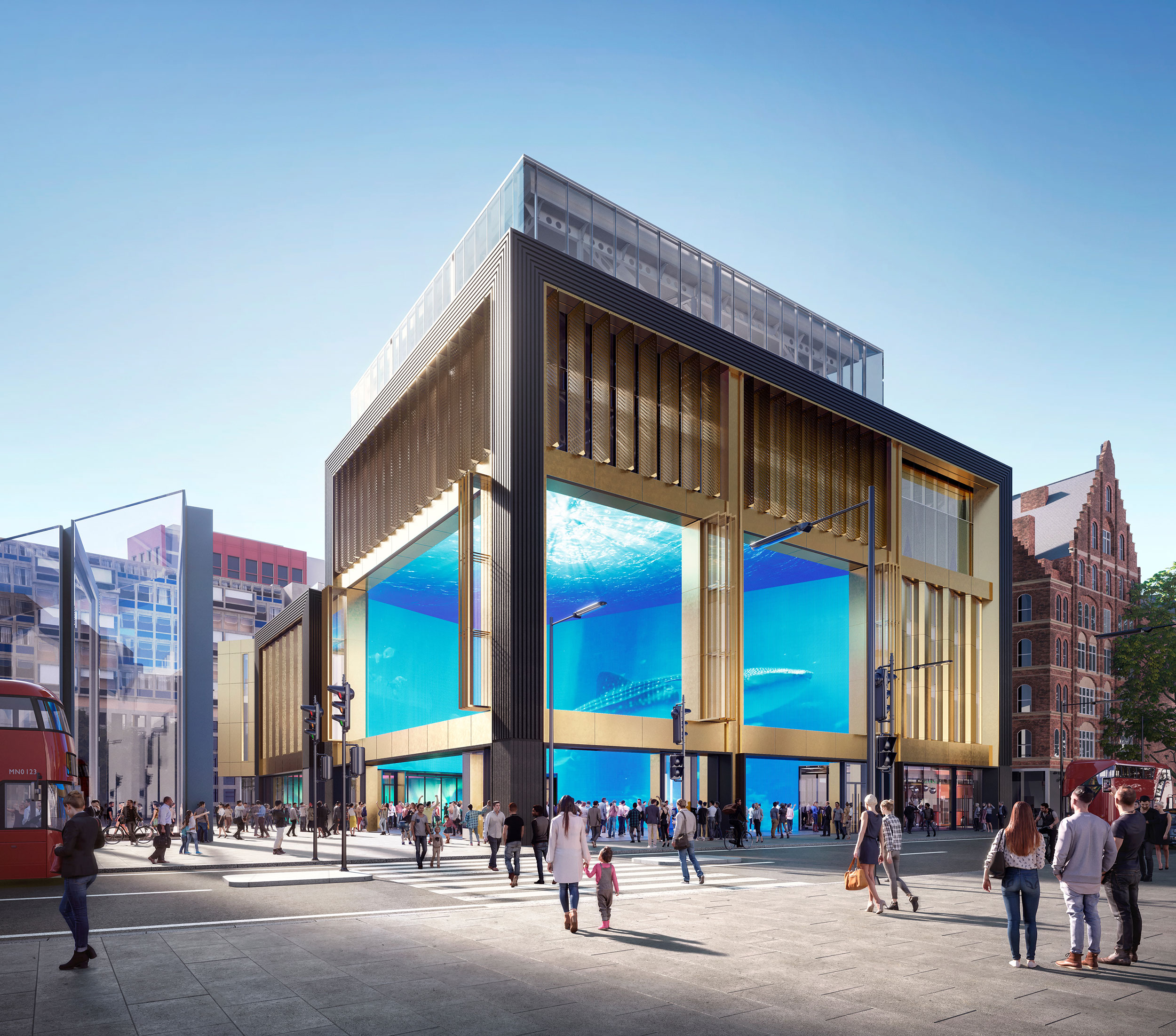
London’s new generation venues – more than just a music space?
12.03.20
London’s night-time economy is estimated to bring up to £26billion into the UK economy this year – but it is undergoing drastic changes. Music venues and nightclubs, often the heart of communities and catalysts for culture and creativity, are facing unprecedented challenges, driven by urban redevelopment and the associated planning policies.
There is clearly a need to stop the decline in these venues, but any attempts to mitigate this worrying trend must stem from a collective approach. There is a vast and complex set of stakeholders in play as cities continue to develop and evolve, but it is the developers and venues themselves that can have the most profound impact and shift the trend.
Village Underground (Shoreditch) were recently quoted as saying the average spend at their live events is just £6.27 per person. This is clearly a worrying figure when considered in isolation although this does not include their club nights which boast a higher figure. So what is the fix?
Formerly night-time focused venues act in an increasingly entrepreneurial manner. Spaces are becoming more flexible and provide a canvas that can be used for a multitude of revenue streams. Additionally, they may have permanent additional businesses intertwined; think cafes, restaurants or retail spaces that showcase collaborations.
A shining example of this is Printworks in Surrey Quays. The venue, housed in the former Daily Mail and Evening Standard printing house and now part of British Land’s huge east London development, has set the standard for multipurpose spaces. It is home to exhibitions, experiential events, conferences, product launches and concerts, and last year worked with brands such a Nike, Adidas, Mercedes and Moschino to name a few. Granted, this is a space with amazing character and enviable scale, but it is this diversity in use that must be adapted by operators to ensure a sustainable future and I anticipate that we will see more and more of this across the Capital.
